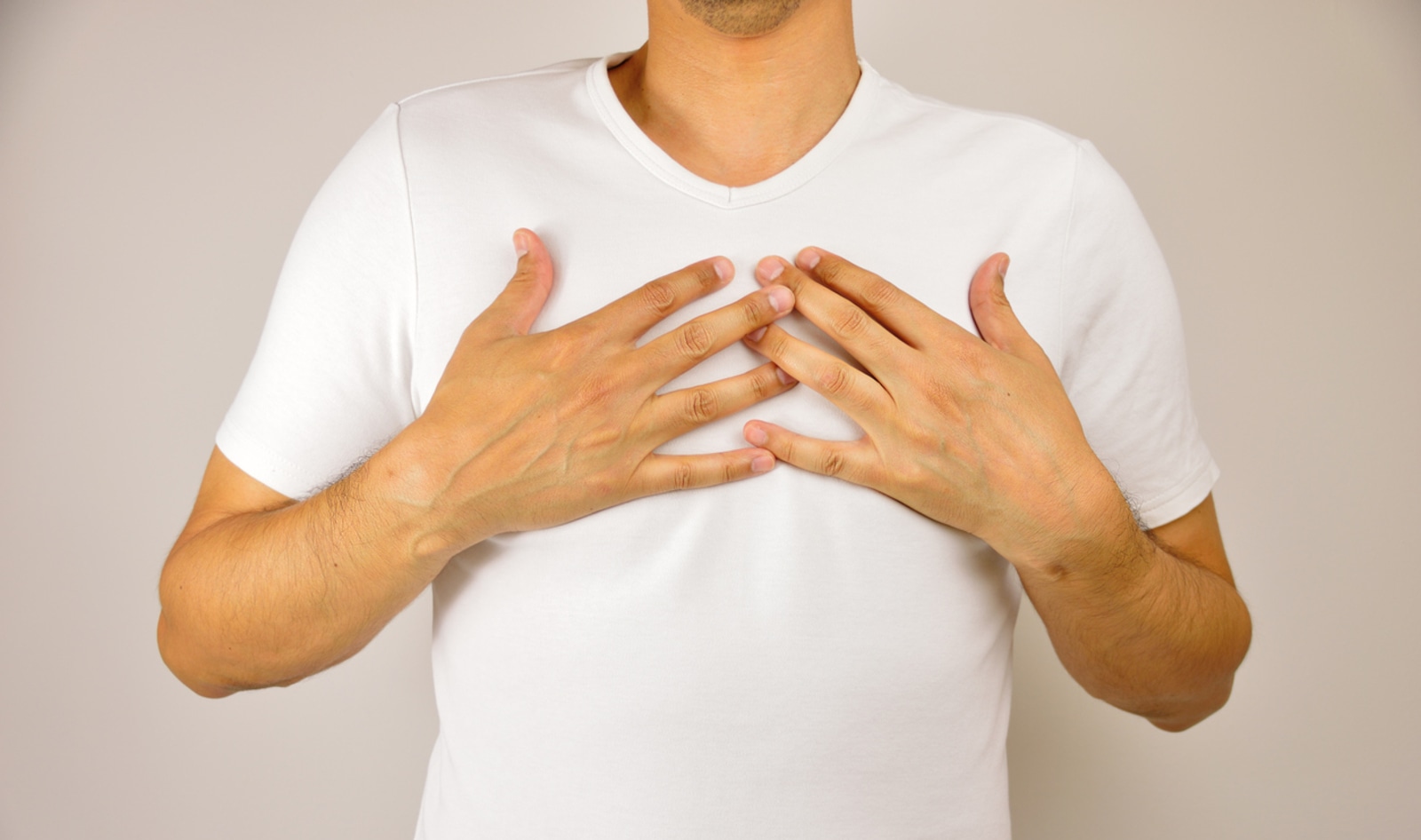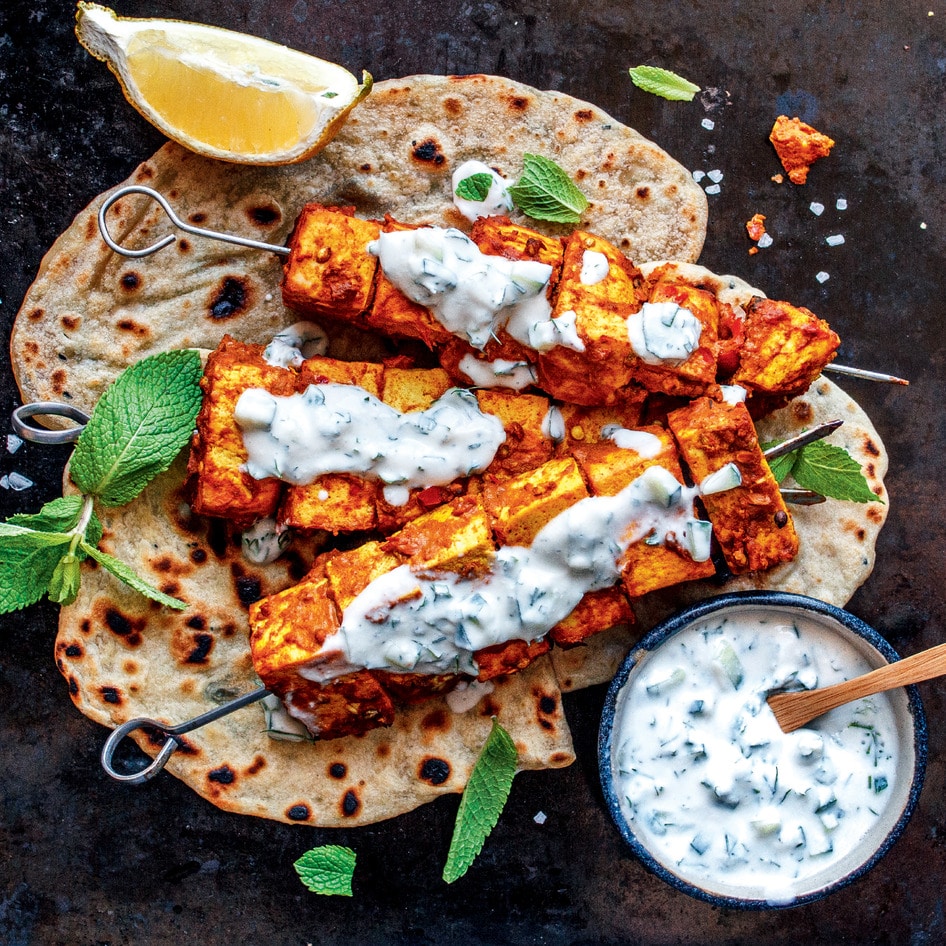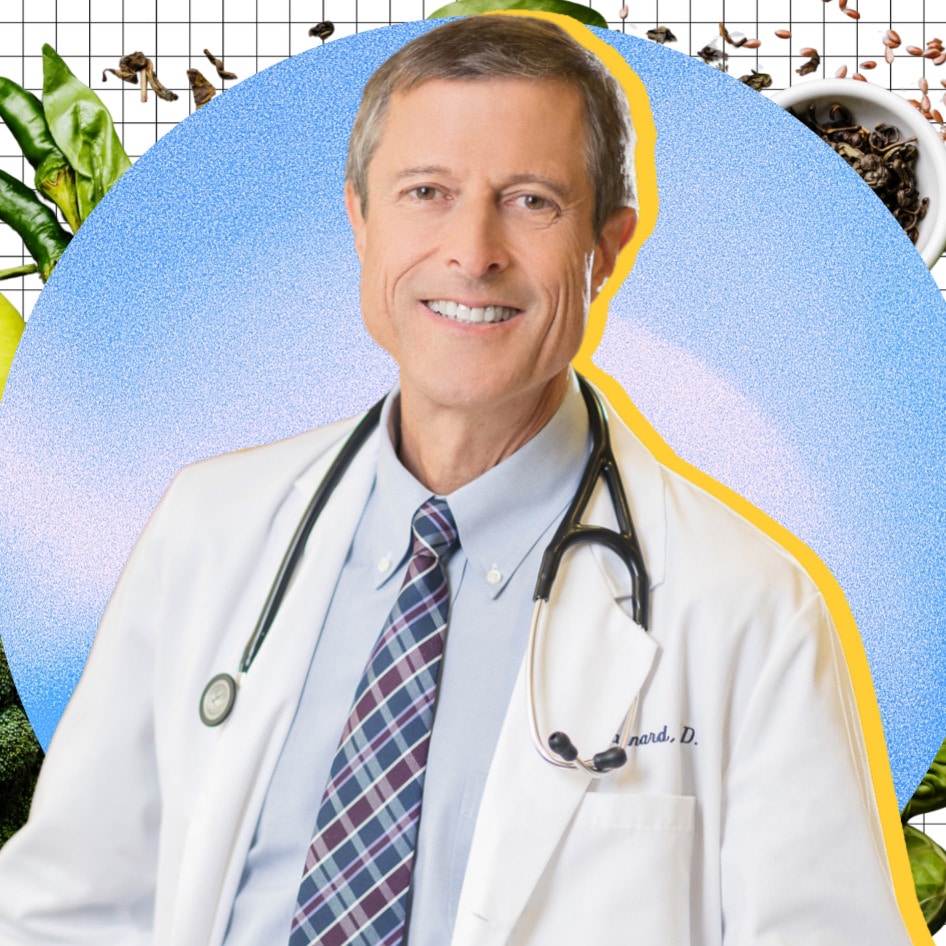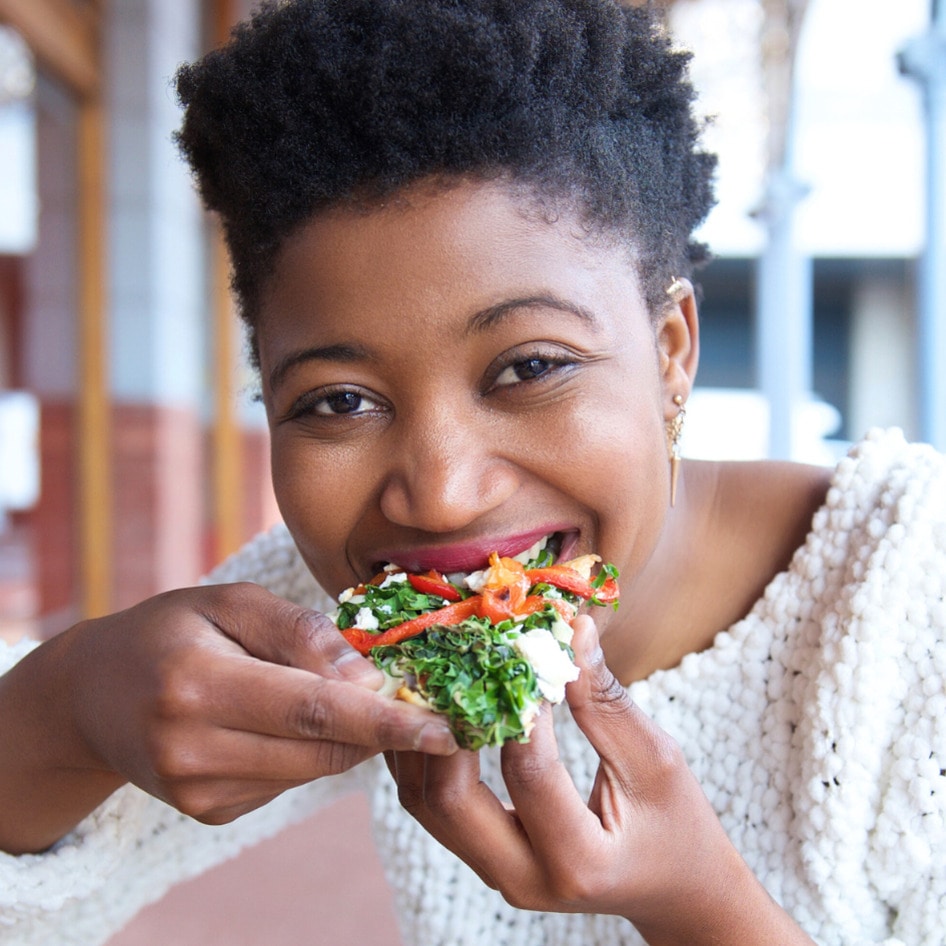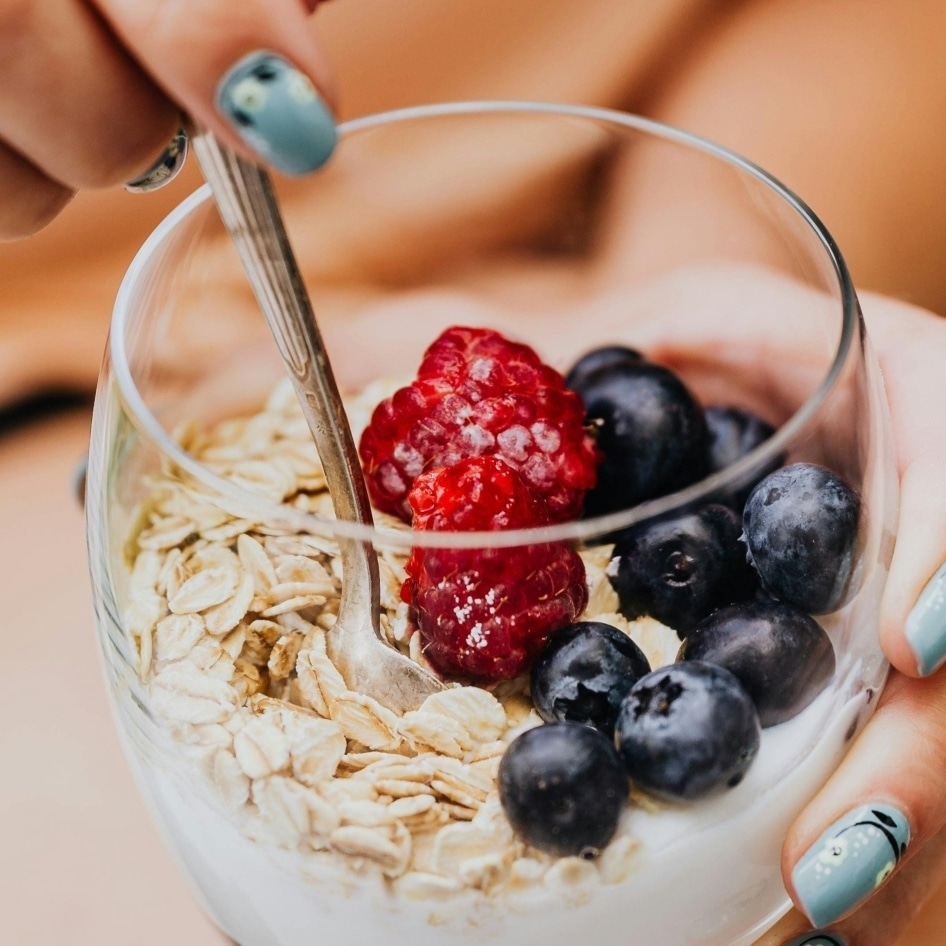Every so often, the story about soy causing men to grow boobs reemerges. It is a story as uniquely suited for our era as anything: Sensationalistic? Check. Fear-mongering? Check. Factually unsound? Check. The notion of soy causing “man boobs” is silly on the surface but it is still one that doesn’t seem to be able to be contained—not by underwire, not by racerback, and certainly not by push-up. One could certainly say it’s been abundantly padded, though.
The moob chronicles
Man boobs, or moobs—or gynecomastia, if we’re going to be adults here—refers to an enlargement or swelling of breast tissue in males, creating a physical feature normally associated with the female chest region. It’s hard to know where this idea of soy contributing to men and boys busting out originated, but often you can find this notion repeated by Weston A. Price Foundation (WAPF) enthusiasts, an organization named after a dentist who died in 1948 and one that promotes consuming copious amounts of unpasteurized dairy and considers fermented cod liver oil a superfood. According to a WAPF co-founder, soy is “more insidious than hemlock.” But lard? You should lay that on thick. The most recent flare-up in the moob chronicles is brought to us by James Strangle, a South Dakota veterinarian, who wrote a hot take in Tri-State Livestock News (I can’t believe no one’s bought me a subscription yet) (please don’t). It’s not a surprise that a trade publication for the livestock industry would be threatened by the growing interest in plant-based foods—and they have certainly shown their stripes repeatedly if there was any doubt—but this latest volley by Strangle is all kinds of unhinged, even for an industry newspaper seemingly without a copy editor or fact-checker. Basically, Strangle holds that the boob-splosions caused by eating Impossible Whoppers (as opposed to ground-up dead cow Whoppers) at Burger King are so massive they could be seen from outer space. I mean, in so many words.
An unsupported claim
Strangle’s reasoning hinges on whether you believe that phytoestrogen—the compounds found in plant foods (and therefore found in an Impossible Burger)—is synonymous with estrogen, the primary female sex hormone. Despite the fact that Asian populations have consumed soy for centuries and at a much higher per capita rate than in other cultures, somehow they are not replete with men with bodacious cleavage. Could this be because estrogen, as described by Harvard School of Public Health’s Nutrition Source, has a much stronger effect than what is derived from plants? That estrogen and phytoestrogen are not interchangeable? “For the majority of people, any estrogen-like effect is indiscernible, but the benefits of these isoflavones is pretty clear,” Matt Ruscigno, MPH, RD, author of Plant-Based Sports Nutrition, told VegNews. “Soy can absolutely be a part of a healthy diet and is the only specific food—as opposed to groupings like ‘vegetables’—to have an FDA statement recommending its consumption for disease prevention.” You will find lots of sketchy links about the soybean’s supposed Powerful Feminizing Effects if you choose to go down that rabbit hole, but no published, peer-reviewed research that supports this claim. Given that there is no factual basis behind this anxiety, it does make one wonder if all this unrest about the male breast could be (yes, I’m going there) internalized sexism or transphobia—or maybe a delightful mashup of the two—especially considering that the “soy boy” slur is intended by the far-right to be a pejorative against the males deemed to be not quite tough enough by adults who are literally drinking breast milk.
Manipulating the message
I don’t mean to go tit-for-tat here but it’s interesting that as dairy, also a new symbol of white supremacy, is the one with estrogen and progesterone, not soy. Even so-called hormone-free milk still has the mother’s naturally-occurring hormones in it. It is also true that in recent years, the powerful animal agribusiness industries have declared open season on plant-based companies that are making a dent in their market share. Is it any wonder that it’s the perfect storm for more unfounded claims about man boobs? “The idea that it would feminize men is an exaggeration crafted purposefully to confuse those who don’t know the science,” Ruscigno said. To anyone who is tempted to freak out about a bean’s capacity to make men sprout breasts, I recommend you take a deep breath breath first. Enjoy a nice soy chai latte while you spend a few minutes contemplating the vested interests of the stories pushed in front of you this year: Who benefits from you believing them, including which industries? What are the implicit messages, biases, and bigotries? And how are these stories trying to manipulate your insecurities?
Thank you for letting me get this off my chest.
JUMP TO ... Latest News | Recipes | Guides | Health | Subscribe

